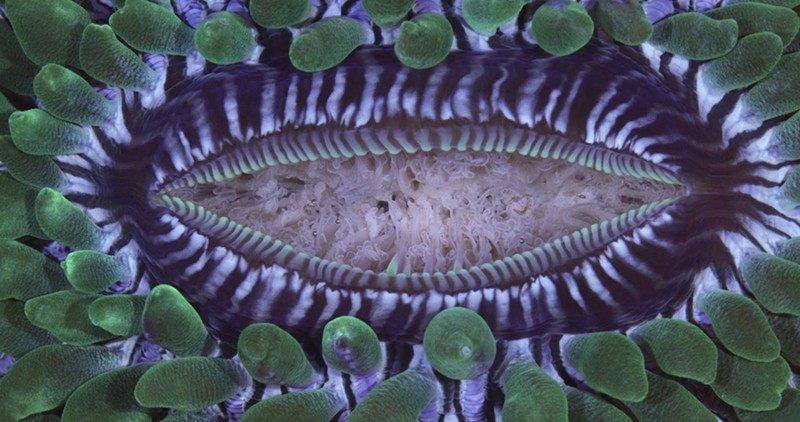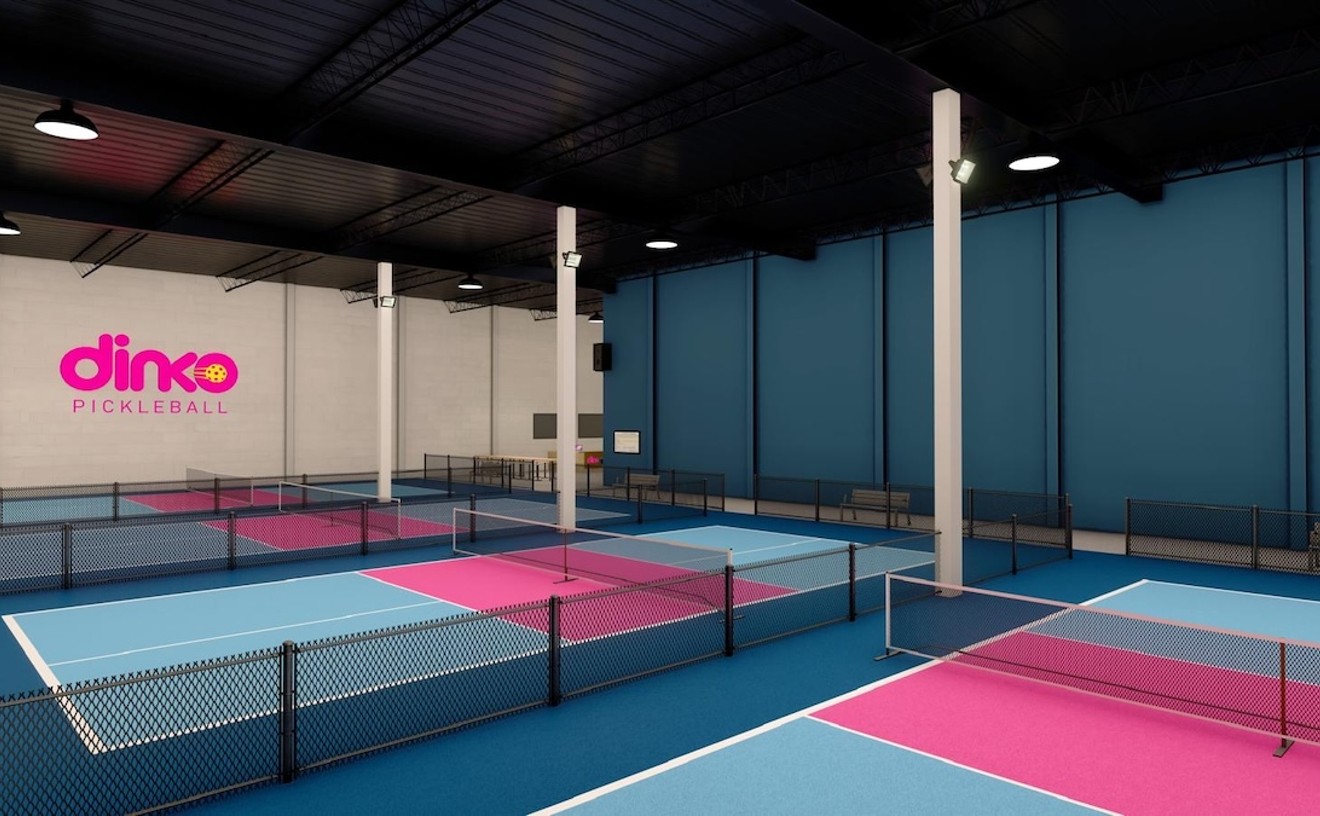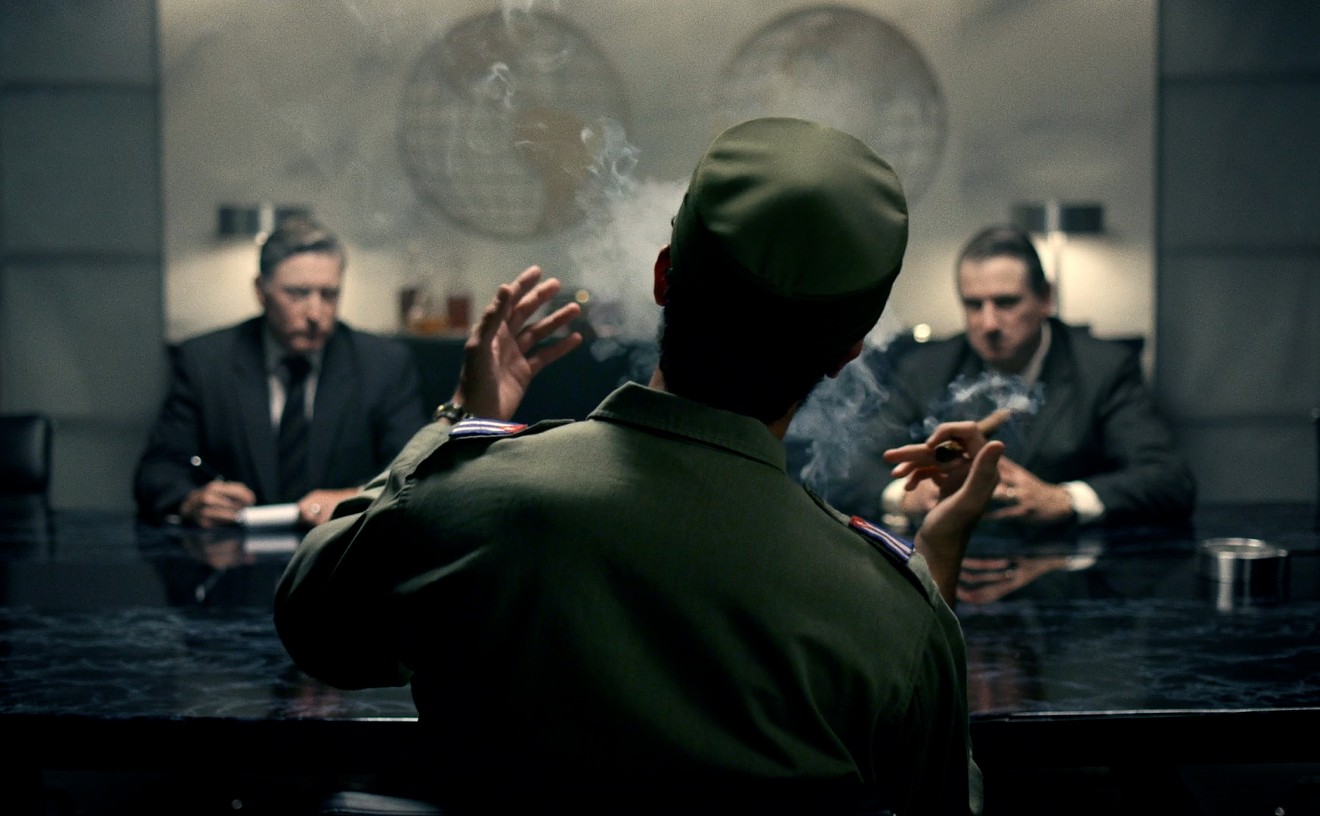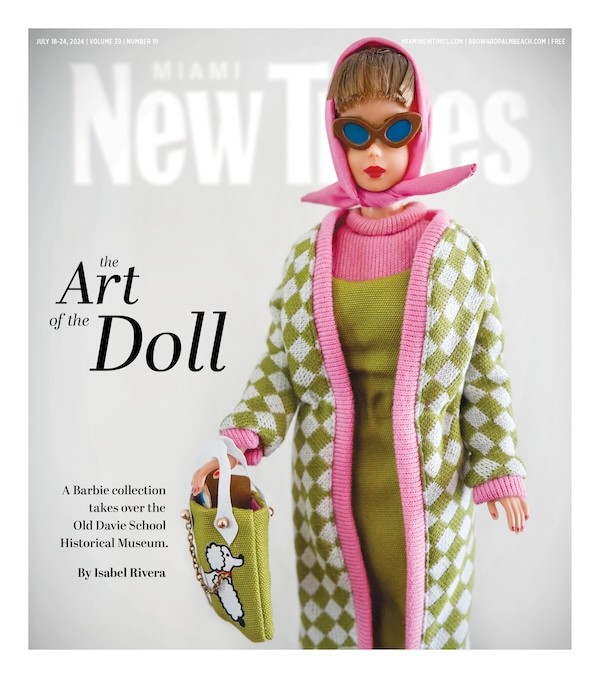Last year, while preparing for the film festival Borscht Diez, Borscht Corp.'s "minister of the interior," Lucas Leyva, asked grant applicants a simple question: Does Borscht even matter anymore?
"That's a question we're constantly asking ourselves," Leyva says. "Does it matter? And if it doesn't, why are we doing it?"
When Borscht Corp. was founded in 2004, its mission was clear: to prove Miami filmmakers had what it took to stand out on the world stage. Back then, there wasn't much to Miami's film landscape. "We didn't have Secret Celluloid Society or Coral Gables Art Cinema or O Cinema," Leyva explains. "It just wasn't there, so from the start, we've always been about building up this audience so that these things could exist and thrive in this city, because it's how we've always wanted the city to look."
With each new project, its filmmakers moved closer to that goal. Borscht Corp. cofounder Jillian Mayer's I Am Your Grandma went viral; the collective collaborated with big names on the indie scene such as Adan Jodorowsky and Terrence Nance; Borscht filmmakers became a fixture at major festivals such as Sundance and South by Southwest. This year marks Borscht Corp.'s biggest claim to fame: Leyva and fellow filmmaker Andrew Hevia introduced director Barry Jenkins to playwright Tarell Alvin McCraney. The film Jenkins and McCraney made together, Moonlight, is up for eight Oscars this Sunday.
These developments have been exciting, Leyva says, but they've also brought Borscht Corp. to something of an existential crisis. The work the nonprofit has helped create has proven that Miami filmmakers can make world-class art. So what do you do when you finally accomplish a mission 13 years in the making?
"Borscht's success proves that, when given a little opportunity, Miami can do anything."
tweet this
If you're Borscht, you burn it to the ground. Specifically, you stage a Viking funeral with a bonfire fueled by tapes of your past film projects. On Borscht Diez's opening night, the festival will stage a wake and funeral proceedings for itself before heading to the Everglades to ensure that the past is just that: burnt to a crisp and long gone.
Then you spend the rest of the week in a state of rebirth. "We have to adapt and be aware of what other cultural events are happening regionally and globally," says "head of quality control" Mayer. "We can't ignore new ways of looking at things, so we try to represent new experiences. We're curious. And we hope that curiosity is shared by others."
With rebirth comes celebration, beginning with a series of feature film screenings Friday, along with Coral Morphologic's installation Coral Orgy, accompanied by music from Animal Collective, at the New World Center. A series of panels, discussions, and screenings by day Saturday and Sunday will culminate with headlining events: Borscht's premiere of short films commissioned to be made in Miami; the Pamplemousse Party, with art installations, free LaCroix, and a performance by Trina; and a Moonlight block party to celebrate any wins the film snags at the Academy Awards.
But the real changes will take place after Sunday, as Borscht Corp. aims for an even loftier goal: sustaining the livelihoods of the filmmakers the collective has groomed for success.
"Based on the success of all the shorts online and now Moonlight competing for eight Oscars, it proves that, when given a little opportunity, Miami can do anything," Leyva says. "But now it's about creating sustainability and expanding our infrastructure, to help facilitate the creation of creative middle-class jobs that will sustain people making interesting work in the city who would otherwise leave."
This goal, as modest as it might seem, has had its fair share of roadblocks: Miami's lack of tax incentives for filmmakers, the rising cost of living, the inability to maintain a creative middle class, and limited opportunities for people who aren't established artists.
To that end, this year Borscht hired Lauren Monzon as "head of central intelligence," a force to be reckoned with who could sell anyone on the goals that Borscht has in mind. "She's incredible, and her background has really added a missing piece," Leyva admits. "She's our first full-time person who's really worried about infrastructure, intersectionality, building sustainability toward the future, and actually being a real institution."
"We'd like to be able to hire more people," adds Mayer, saying a short-term goal for Borscht Corp. is staging a festival every year. (In the past, Borscht's film fests have come together at uneven intervals, depending upon the availability of its organizers.) "It would be nice to be able to give out opportunities that encourage that. We have a lot of people who join up, and a lot of great volunteers and fellows, but there are only three of us here every day, and it would be great to have more."
But through this state of flux, one thing will remain constant: the symbiosis between the collective and Miami as a whole. Borscht projects will continue to be created by and for the Magic City, and Miami's unique culture will continue to inspire its filmmakers. Coral Morphologic's Colin Foord, whose Coral Orgy will be presented at the New World Center this Friday as part of the festival, compares the relationship between Borscht and Miami to the one between Miami and its coral reefs.
"Miami, as it is now, is a city made out of concrete and limestone that was once marine-derived," Foord explains. "Corals are already cyclical; they keep building on top of each other. In Miami, you have this thing where we start underwater; now we're out of water, and we'll be underwater again. Humans and corals are like the ouroboros," the serpent eating its own tail, whose image makes up Borscht's logo, representing the cycle of re-creation.
Just as a coral reef is an ecosystem with a multitude of living beings interacting with one another, Borscht features unique individuals interacting in a line of work that, Mayer says, "definitely has the merging of personalities and lives with creation."
So perhaps it's in the interest of Miami that Borscht has entered a new phase of existence. After all, as Foord points out, "corals must adapt or die."
Borscht Diez
Wednesday, February 22, through Sunday, February 26, at various locations in Miami-Dade. Visit borscht10.com.













